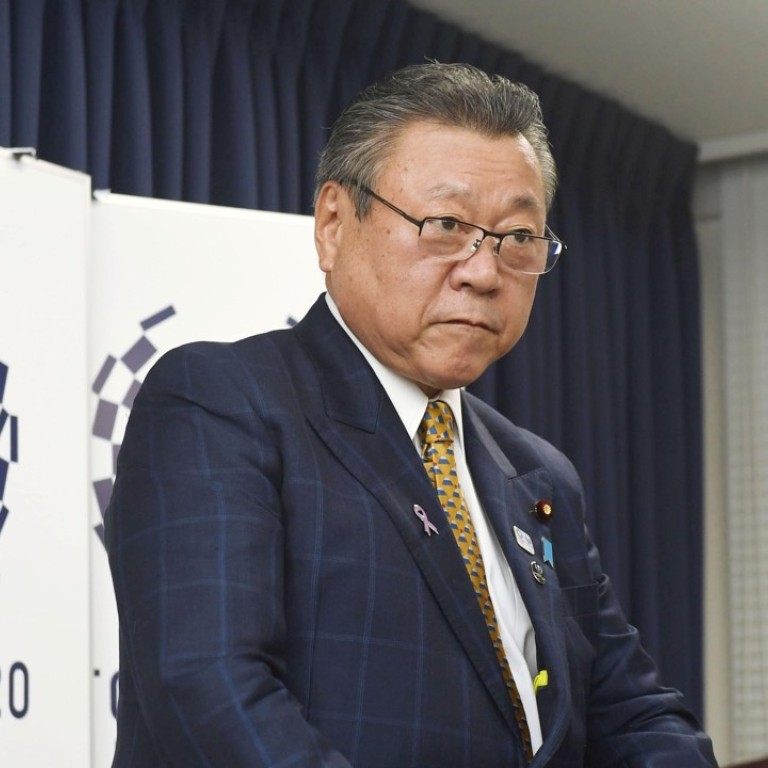
Time to get serious about cybersecurity
- Joking aside, Japan’s appointment of Yoshitaka Sakurada – who admits he does not know how to use a computer – as cybersecurity minister sends the wrong message at a time when there is no turning back the clock to pre-internet days
Hong Kong’s high smartphone penetration level and fast internet speeds make it easy to forget that we are the lucky ones. Just 55.1 per cent of the world’s people have online access. But Japanese are not among them, making Prime Minister Shinzo Abe’s decision to put a computer-illiterate politician in charge of cybersecurity for the 2020 Tokyo Olympic Games unfathomable. The message, it would seem, is that the way to avoid getting hacked is to join the ever-dwindling ranks of Luddites by shunning technology.
Yoshitaka Sakurada’s appointment as cybersecurity and Olympics minister last month has understandably been greeted with disbelief by many people at home and abroad. Both posts carry great importance to the nation and he has not before held a cabinet position in his 18 years in parliament. The inexperience has been apparent in the gaffes made at press conferences, among them saying the Games would cost Japan 1,500 yen (US$13) rather than the forecast 150 billion yen, and responding to questions about Olympics preparation by saying, “I don’t know.” It was that uninformed honesty that led to his lack of computer knowledge coming to light; asked by an opposition lawmaker if he knew how to use one, he admitted he did not.
Japan’s cybersecurity minister admits: ‘I’ve never used a computer’
His excuse was that he has long had staff to do his computer work for him. But who could have faith that government systems are secure if the person overseeing them has no first-hand experience of how to protect personal data. Users have to regularly change passwords and keep security software up to date. Sakurada is 68, but age should not be an issue and an important element of his job should be setting an example for others to follow.
But as much as the appointment may be a matter of bemusement for outsiders, there is also a serious message. In an ever-more connected world, storing personal data online is as much a necessity as an inevitability. Those intent on stealing data for financial gain or just to test their hacking skills are constantly testing cybersecurity software and management. There can be no turning back the clock to pre-internet days; governments, companies and individuals have to be aware and alert.

